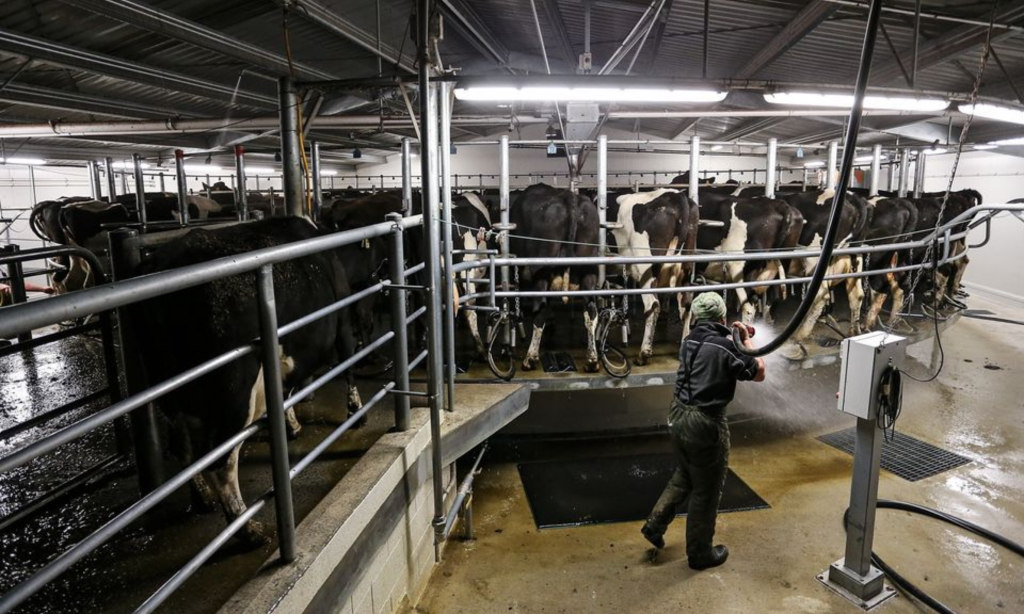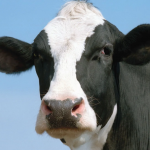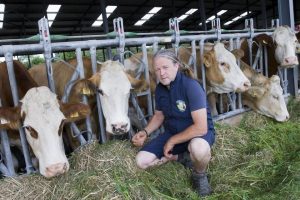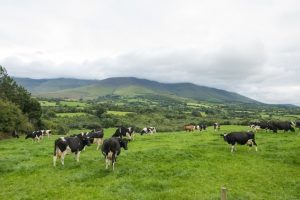
In April, the government said it planned to review the current target, which requires a 10% reduction by 2030 and a 24% to 47% cut by 2050.
While agriculture accounts for about half of New Zealand’s greenhouse gas emissions, farmers have avoided paying any tax on them as they squabbled with the previous government over the reductions they were required to make and how they could be achieved.
The new center-right administration elected last year has shown more sympathy for farmers, pushing out any potential emissions tax until 2030 and now by reassessing the methane targets.
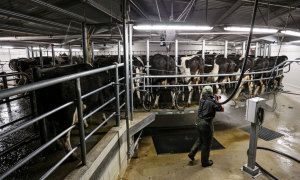
By contrast, Denmark said this week it will introduce a levy on farm emissions in what is set to be one of the world’s first carbon taxes on agriculture, helping the Nordic nation reach its 2030 climate target with backing from key industry and environmental groups.
In New Zealand, the current methane reduction targets are incredibly divisive, highly political and “have no credible science to underpin them,” said Wayne Langford, president of industry group Federated Farmers.
“They’re completely unrealistic, totally unaffordable and go much further than is needed to stop farmers’ contribution to further warming,” he said. “Farmers have opposed these targets from day one because we could see no way to reach them without simply shutting down farms.”
Langford said the government’s own modeling showed that achieving a 10% methane reduction by 2030 could see sheep and beef production reduce by more than 20% as herds were culled.
The government wants to meet its climate change obligations without shutting down Kiwi farms, Agriculture Minister Todd McClay said today.
“It doesn’t make sense to send jobs and production overseas, while less carbon-efficient countries produce the food the world needs,” he said.
Farmers recognize they have a role in addressing climate change, but they want fair targets, said Kate Acland, chair of Beef + Lamb New Zealand.
“Farmers want to feel confident that targets are underpinned by the appropriate science, where methane is being asked to do what’s being asked of other gases, which is to achieve no additional warming,” she said.
“This review will enable New Zealand to take a proper look at what the targets should be.”
